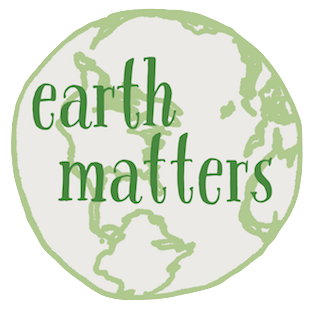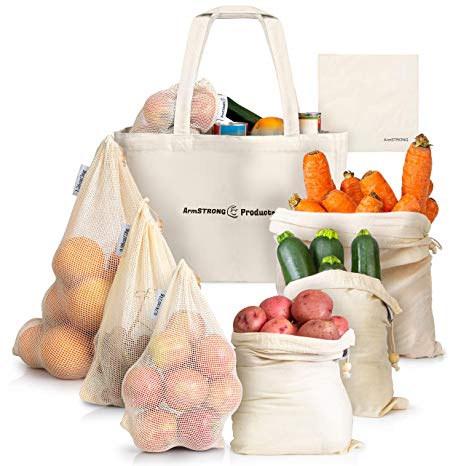by Kara Weinstein
 Earth Matters focuses on conservation, sustainability, recycling and healthy living.
Earth Matters focuses on conservation, sustainability, recycling and healthy living.
If Earth Matters to you, sign up for our mailing list and get the next installment delivered right to your inbox.
Humans produce too much waste. That’s an indisputable fact. However, it’s hard to battle consumerism’s call. There is a particular delight in this season’s new sweater, even if it will be considered blase the next.
But landfills are filling up at a rate that is unsustainable (pun intended). Landfills are also the third-largest cause of human-related methane emissions in the U.S. While carbon dioxide is the greenhouse gas of choice in many situations, methane is particularly dangerous as it traps 34 times as much heat as carbon dioxide.
Landfills pack waste tightly and add layers of dirt to reduce the smell, but this restricts its ability to provide sunlight and oxygen, two crucial elements to decomposition. Products that normally would decompose naturally, are essentially mummified–think stiffened banana peels and marble-like grapes. Many landfills are also lined with plastic so that nothing from the trash is leached into the soil below.
Reducing individual waste outputs may not be the ultimate solution to our climate change problem, but it is a small step in adopting environmentally friendly behaviors and starting to venture down the eco-conscious road. There are a million new products out there all designed to help you lower your waste, but most people already own everything they need to lead a sustainable life. Still, if you need a little help starting your journey, here are a few products that will make your low waste transition easier.
Stasher Bags
Scientists estimate that a ziplock bag will take 500 years to decompose. When you consider ziplock bags are used for school lunches every day… that’s a lot of years.Reusing your ziplock bags is a good start to combatting the problem, but they’re not meant to be washed over and over again.
Once a ziplock bag is no longer usable, a good substitution is Stasher bags, which are made from silicone, which is derived from sand and is 100% plastic and BPA free. Stashers come in three different sizes and are dishwasher and oven safe, microwaveable, and freezable. Plus, they can be used to hold much more than food; they can be used as TSA liquid bag and/or store extra hair ties–whatever you need them for!
 To-go Ware
To-go Ware
Whether you bring lunch to work or buy it every day, small switches like bringing your own silverware can reduce your waste output. To-go Ware is a popular option that uses lightweight bamboo silverware, but you can always use what you have and wrap up a full set of utensils in a reusable napkin.
Produce bags
People have gotten into the habit of bringing their own bags to the grocery store (thank you bag taxes), which is great. But if you bag up all your veggies count as plastic too. Those small green bags that grocery stores provide are nearly impossible to recycle and now are easily avoidable. Repurposing shoe bags can be a DIY approach for produce bags, but these nice netted produce bags also allow you to see what you’ve bought.
Laundry microplastics filter
As Susan Hellauer wrote in a previous Earth Matters article, washing our clothes contributes to a huge amount of microplastics in our waters. There isn’t anything that will 100% prevent these microplastics besides wearing and washing clothes that are made from natural fibers. But there are some filters that can be used to help catch a bit of these plastics before they enter our water stream. If you are lucky enough to have a washing machine at home, it may be possible to install your own microplastics filter to it. Overwise, alternatives like a Cora Ball or Guppyfriend Bag are ways to mitigate microplastics. Just remember to clean out your filters.
Refillable Floss
Dental products are some of the hardest to swap out. Bamboo toothbrushes are slowly becoming mainstream, but there are not many low waste options for toothpaste or floss. Dental Lace is a floss company offering a refillable, glass floss dispenser. Currently, they are confirming with scientists whether the floss itself is compostable, but it is made out of 100% silk and a vegan wax coating for an easy glide. It isn’t a perfect solution, but the company clearly cares about improving their product and making it more eco-friendly.
Read Earth Matters every Wednesday on Nyack News And Views, or sign up for the Earth Matters mailing list.
Earth Matters is a weekly feature that focuses on conservation, sustainability, recycling, and healthy living. This weekly series is brought to you by Julie Wendholt, Financial Advisor & Vice President of Pell Wealth Partners, a private wealth advisory practice of Ameriprise Financial Services, LLC.









